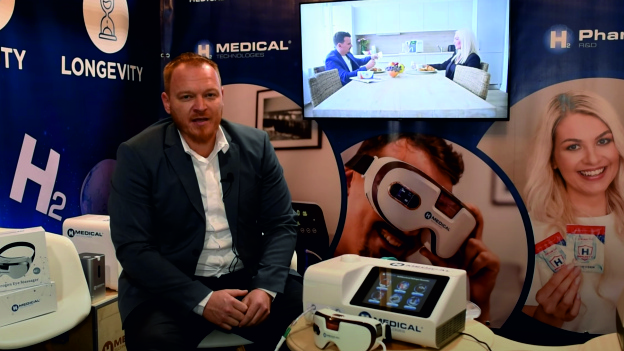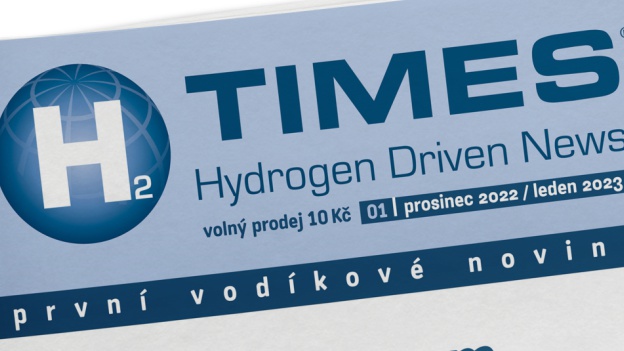Playing sport is a great way to improve your fitness, health and well-being. However, just as important as the exercise itself is the recovery period, which allows the body to regenerate, repair muscles and prepare for the next workload. Good quality recovery after sport can prevent injury, reduce fatigue and improve overall performance. We present several proven methods that are guaranteed to effectively boost your recovery.
Stretching and flexibility
Stretching is one of the most commonly recommended methods for promoting recovery. A study published in the Journal of Strength and Conditioning Research shows that static stretching after exercise can reduce muscle stiffness and improve range of motion. Regular stretching also helps prevent muscle cramps and injuries.
Ice baths
Ice baths are another proven way to reduce inflammation and speed muscle recovery. According to a 2011 study from Northumbria University in Newcastle, UK, entitled Cold water immersion and recovery from strenuous exercise: a meta-analysis, ice baths after intense exercise can significantly reduce muscle pain and swelling. This effect is due to vasoconstriction (constriction of blood vessels), which reduces inflammation and helps remove metabolic waste from the tissues.
Active regeneration
Active regeneration involves light physical activity such as walking, cycling or swimming to help maintain circulation without putting additional strain on the muscles. Research published in the European Journal of Applied Physiology by Nick Draper from the University of Chichester in the UK shows that active recovery can speed up the removal of lactate (lactic acid) from the blood, reducing muscle fatigue and improving recovery.

Molecular hydrogen
Molecular hydrogen is a relatively new but promising method for aiding recovery after sports. A study by Michal Botek from Palacký University proves that consuming hydrogen-rich water positively affects muscle performance, lactate response and alleviates delayed onset muscle soreness after resistance training. In addition, molecular hydrogen is shown to have potent antioxidant and anti-inflammatory properties. These properties may help reduce oxidative stress and inflammation caused by intense exercise, which speeds muscle recovery and reduces fatigue. Molecular hydrogen can be ingested in the form of hydrogen water or inhalation therapies from hydrogen generators.
Adequate sleep
Sleep is essential for the regeneration of the body and brain. A study by French researchers confirms that quality sleep promotes muscle recovery, improves cognitive function and enhances overall athletic performance. Accumulating evidence shows that prolonged sleep improved performance, pain sensitivity and anabolic responses, which may be beneficial in speeding recovery from muscle injuries. In addition, during sleep, the body releases growth hormones that are crucial for muscle repair and growth.
Balanced diet and hydration
Eating a balanced diet rich in protein, carbohydrates and healthy fats is key to muscle recovery. A team of American researchers from Northern Illinois University presented a study in the Journal of the International Society of Sports Nutrition, showing that proper protein intake after exercise promotes muscle protein synthesis and accelerates recovery. Hydration is also critical because it helps maintain optimal muscle function and prevent cramping.
Recovery after sports is essential to maintain long-term health and performance. By implementing these techniques, proper diet and molecular hydrogen into your regimen, it is possible to achieve better performance and reduce the risk of injury.
Photo source: Shutterstock






























